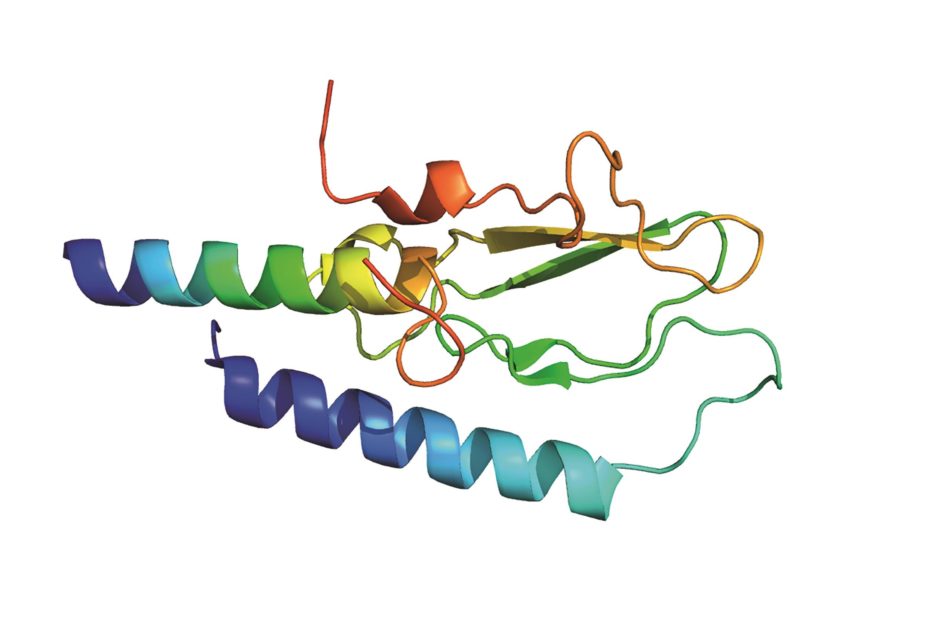
Wikimedia Commons
There is an increasing onus on drug developers to prove that antidiabetic drugs do not cause an unacceptable increase in cardiovascular risk, but this is usually only possible in the later stages of drug development.
Using a different approach, researchers looked at six genes targeted by antidiabetic therapies in more than 50,000 people and the effects of gene variants.
They found that one particular variant in a gene encoding the glucagon-like protein-1 receptor (GLP1R) was associated with lower fasting glucose and risk of type 2 diabetes. Furthermore, this variant was linked to a protective cardiovascular effect, which the researchers say indicates GLP1R agonists are unlikely to be associated with increased cardiovascular risk.
In Science Translational Medicine (online, 1 June 2016)[1]
, the researchers say their results support a role for genomic data in establishing efficacy and side effects much earlier in the drug development process.
References
[1] Scott RA, Freitag DF, Chu AY et al. A genomic approach to therapeutic target validation identifies a glucose-lowering GLP1R variant protective for coronary heart disease. Science Translational Medicine 2016;8:341ra76. doi: 10.1126/scitranslmed.aad3744


